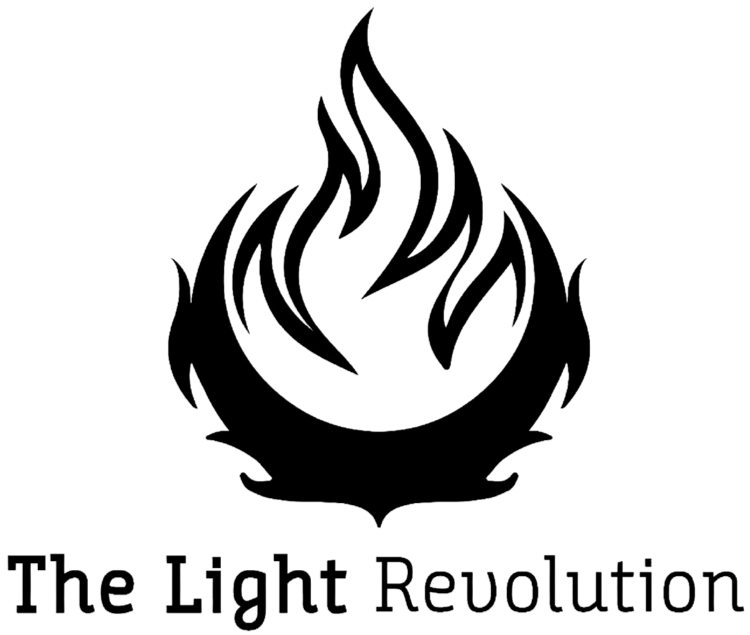Dark Nights of the Soul
What is a Dark Night of the Soul?
The term dark night of the soul goes back to St John of the Cross, a member of the Carmelite order of monks in Spain in the 16th Century. He was a member of the counter reformation and saw his divine duty to be that of bringing his order back to traditional Catholicism. He was betrayed by his fellow clerics and wrote about his experiences in the famous poem The Dark Night of the Soul. In essence, the poem is an account of the painful experience that people can endure as they seek to grow spirituality and develop an increasing connection with the Divine.
Today, we use the term to describe any form of extreme, powerful mental disturbance, which is often referred to as depression, although this can be misleading. A dark night is more accurately characterized by feelings of hopelessness deep despair and a collapse of the perceived meaning in your life.
What Causes It?
External factors, such as the loss of a loved one, bankruptcy or a disaster over which you have no control can sometimes lead to a dark night episode. The trigger for a dark night can change, which is why it is possible to experience more than one, but the common factor seems to be a deep sense of the utter futility and meaninglessness of your life. Individuals who already struggle to see their lives, and themselves, as having value to the world are more likely to experience a dark night of the soul than other, more fortunate people who seem to breeze through life in a state of optimism and positivity.
How Can I Work Through These Episodes?
As mentioned above, a dark night of the soul has a strong spiritual aspect. It seems as though we need to strip away existing, comforting perceptions as to the things that have meaning in our lives, before we can start to build a stronger, deeper, more lasting meaning. Our minds are programmed to make sense of the world around us. This is a key survival skill, and humans are incredibly creative and resilient in this regard, assigning meaning to everything that occurs within our lives as well as to the phenomena of the natural world.
What happens when you are plunged into a dark night episode is that your conceptual framework, the one you have relied on for your own sense of worth and value, suddenly collapses and you are left feeling as though you are cut adrift, lost, without support and, often, terrified.
These feelings can come upon you from “out of the blue” or they can be the result of trauma or disaster. You feel as though your resources for survival have all dried up. it is highly likely that you will begin to question your faith, your beliefs, and the foundations of your spiritual life up to now.
The first thing to do is to acknowledge what is happening and to allow yourself to feel the pain.
Move on from this by allowing yourself to express any anger, despair, or feelings of betrayal. Many people report that their angry conversations with God, or with their spiritual support team, while upsetting at the time, do bring a sense of relief.
Although it may seem simplistic, an extremely effective tool to help you through is the repetition of positive mantras and affirmations. Even if your conscious mind is rebelling, keep telling your subconscious that you are learning the lesson you need to learn and that you are emerging into a new, better, happier state of mind. Remind yourself, often and with feeling, that the Dark Night is always followed by the clean, clear light of the new Dawn.
